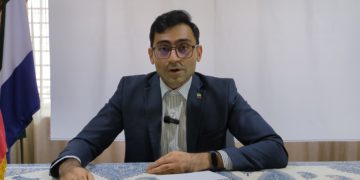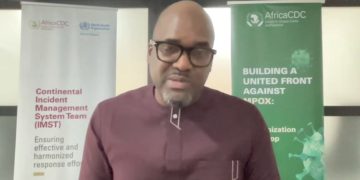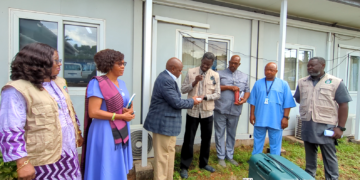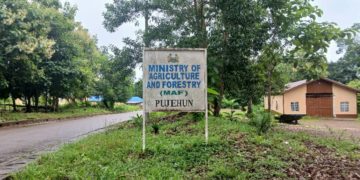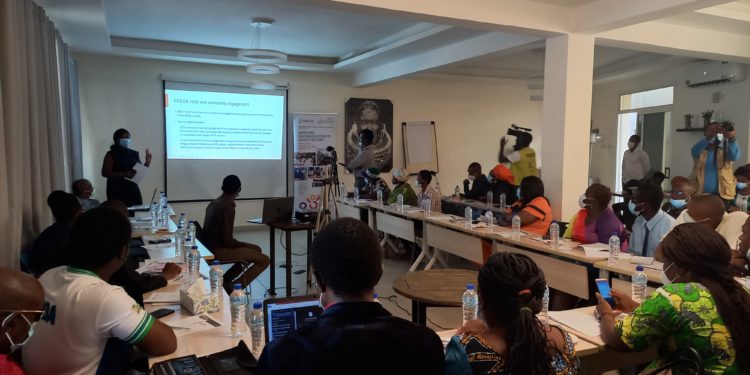Lack of engagement is one of the main reasons for the low uptake of family planning services in Sierra Leone, according to campaigners.
To address this, a new collaborative approach has been unveiled, focusing on community engagement, advocacy and provision of access to the services.
The NGO FOCUS 1000 is leading a group of three main organizations under a US government-funded project designed to improve family planning and maternal and child health.
This project, the USAID Momentum Country and Global Leadership (UMCGL), was launched on Tuesday. Participants at the event at the Swiss Hotel in Freetown were drawn from the Western Area Rural and Urban, representing the implementing partner organizations and their affiliations. They include the Ministry of Health and Sanitation (MoHS), Unicef and other UN agencies, as well as community-based organizations.
FOCUS 1000, alongside the civil society group Health Alert and the Sierra Leone Midwives Association (SLMA) are the main implementing agencies. FOCUS 1000 will be responsible for sensitization through community engagement, while Health Alert will be engaging in advocacy; SLMA will be responsible for service provision.
Reproductive health experts say access to family planning services helps parents to achieve their desired family size, reduces unintended and high-risk pregnancies, increases birth intervals and improves child health outcomes. Consequently, it improves quality of life and increases economic growth for a country.
For Sierra Leone, promotion of family planning is also part of a fight against maternal and infant mortality. The country is said to have one of the highest rates of teenage pregnancies in the world, which data shows is a major contributing factor to maternal death.
According to UN data, the maternal mortality rate in Sierra Leone – 1,360/100,000 live births – is the highest in the world.
Figures from the MoSH also show that 40% of maternal deaths in the country are attributed to teenage pregnancy.
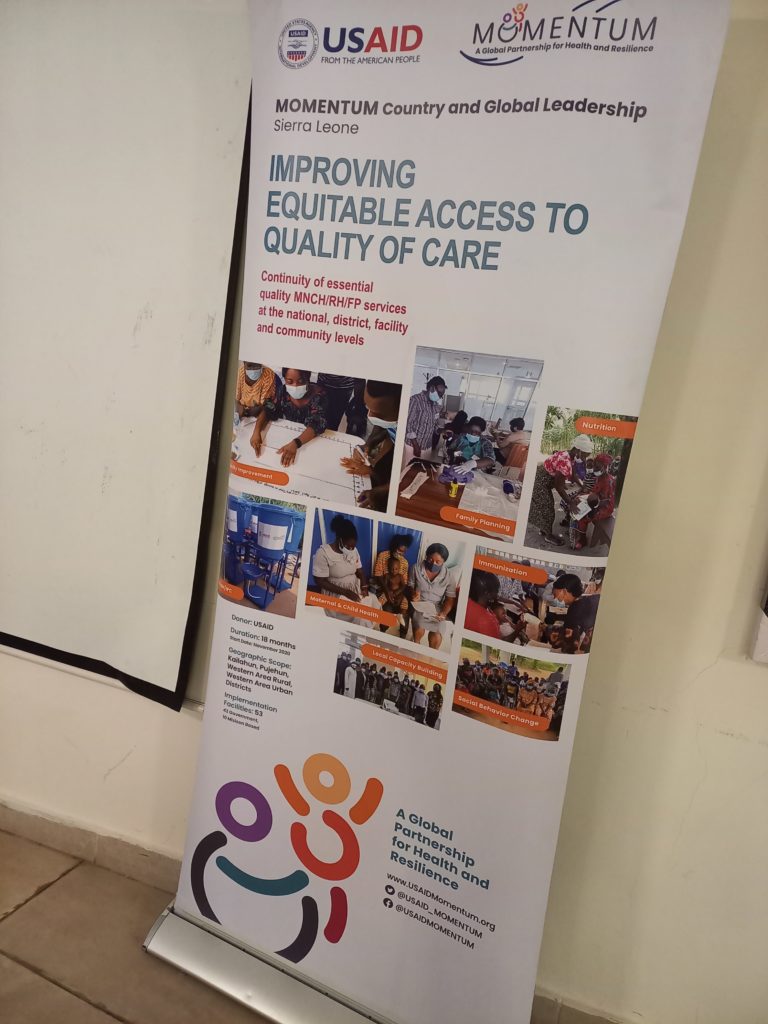
Mariama Momoh, Senior Public Health Sister at the Reproductive Health and Family Planning Programme in the MoHS, stressed the importance of family planning in the prevention of unwanted pregnancy, noting that engaging communities is very key in raising uptake of services.
For a conservative society like Sierra Leone, the issue of family planning has faced a lot of obstacles due to misconceptions mostly associated with religious and cultural beliefs.
According to the Sierra Leone Demographic Health Survey 2019, the latest available data, only 21% of married women used a method of family planning. The number is 53% for sexually active unmarried women.
The UMCGL project, which entails training of trainers on family planning, engagement of religious leaders and the media, was designed to counter these misconceptions that keep women away from taking the services.
The project will be implemented in four districts: Western Area Rural, Western Area Urban, Kailahun and Pujehun. It will be implemented at district and chiefdom levels. Officials say these districts were selected on the basis of the prevalence of issues related to low uptake of family planning services.
Tuesday’s launching also provided a platform for the stakeholders to be briefed on details of the project and to agree on their specific roles.
Jeneba Charm, a programme manager at FOCUS 1000 and the UMCGL Project Lead for the NGO, said it will leverage the power of its community engagement partner – Kombra Network – in fulfilling its own part of the project.
The Kombra Network is a coalition of grassroots organizations that include religious scholars (Christians and Muslims), traditional healers, market women, civil society and the media, who use their various platforms to disseminate messages in line with recommended health seeking behaviours.
“These three areas work together to synergize with the ministry of health and sanitation to ensure that we improve family planning services and create demand and increase uptake,” Ms Charm said at the launch of the project at the Swiss Hotel in Freetown on Tuesday.
She noted that the major principles of the project included avoiding duplication in family planning services provision in the country.
Charm added in an interview with ManoReporters that the Kombra Network, given their diversity, will be crucial in reaching out to the masses in the community and to get them accept the messages to lift up service intake.
Kombra Network Chairman, Dr Ramadan Jalloh, in a statement gave a background of the network, noting that it seeks to encourage acceptable behaviours towards a host of issues around health and other socioeconomic issues, all of which he said were important for national development.
“Our approach has always been a very simple one – prepare beautiful messages and disseminate them,” he said.
According to Paul Sengeh, Director of Research at FOCUS 1000, the prevailing low uptake of family planning services in the country was a consequence of all these misconceptions which he believes could only be eliminated with proper dialogue.
“Until we dialogue with people for whom services are meant, the uptake is going to be low,” he said.
“Family planning goes beyond just planning birth, it’s also about proper decisions to make future children,” he stressed.
In a video address to the participants, Cynthia Macaully, USAID Sierra Leone Health Specialist, said with the inception of the UMCGL project, it is no longer business as usual.
“We have to get it right this time,” she said.


